The SCD Theology Research Network (TRN) and ISCAST (Institute for the Study of Christianity in an Age of Science and Technology) are pleased to announce a new online seminar series: Religiously Human in a Techno-Scientific World: Theological, Missional, and Pastoral Perspectives. The series will run from Semester 2 2022 through Semester 1 2024, with three papers per semester.
The aim of the series is to encourage theological reflection about the increasing impact of science and technology on our conceptions of human existence.
Friday 31st May 2024 @ 2:00 pm –
Friday 31st May 2024 @ 4:00 pm
Online
Upcoming Seminars
Uncovering the “Invisible” Universe of the Brain at the Crossing of Neuroscience, Art, and Theology
Friday, 31 May 2024, 2–4 p.m. AEST
Abstract
By integrating microscope photography and drawing aided by digital software, my project of Scientific Art~tistic Science translates visually the otherwise “invisible” universe of the brain, as my research reveals it. Neurons can be distinguished by labeling them with various tools, such as impregnating neurons with silver chromate,manipulating their genetic makeup, or introducing viral vectors to express fluorescent proteins isolated from bioluminescent jellyfish. Such tools enable us to visualize and to photograph the structure of the brain, in order to understand its function. What we discover is that individual neurons are architecturally positioned to maximise working together to mediate various functions. Trillions of neurobiological connections within the brain support behavior and impact our interactions with each other—much the way things happen on a fundamental level in physics. Interaction is what shapes reality. In my presentation, I will demonstrate the intricate structure of the brain and how this codependency of neurons on each other gives rise to function that supports behavior. It is on this aspect that my art focuses. I will then extend this concept of interdependence to human behavior and interactions with other humans. The idea is that all phenomena in the universe are interdependent in a complex manner and that without interdependence nothing would exist. I end by wondering whether this situation cannot be seen, theologically speaking, as a reflection of the Trinitarian cooperation within the creation.
Speaker
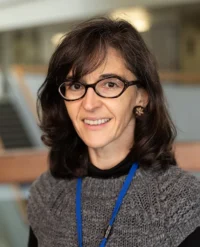
Hermina Nedelescu is a Romanian-born Orthodox Christian and a neuroscientist at Scripps Research in San Diego, California. She holds a PhD in Biomedical Science from the University of Antwerp and is a theologian in training in The Center for Theology and Natural Sciences at the Graduate Theological Union, Berkeley. Her scientific work is concerned with the neurobiological control of abnormal behavior and brain functions relevant to human psychopathology, focusing on substance use disorders (SUDs) and other addictions. Currently, she develops a theological anthropology at the nexus of the Orthodox Christian tradition and addiction research. She is a member of various scientific and theological associations, such as the International Orthodox Theological Association and the Society for Neuroscience. She is also an instructor for Stepping Higher Inc., a faith-based organisation funded by the County of San Diego Behavior Health Services Department for the training and support of clergy, pastors, and health providers who minister to people suffering from SUDs, other psychological addictions, and mental illnesses. Hermina integrates her scientific expertise with artistic expression to explore and communicate concepts related to brain structure and function. Overall, her work aims to bridge the gap between science, theology, and the broader public through art and dialogue, making complex scientific ideas more accessible and engaging.
Respondent
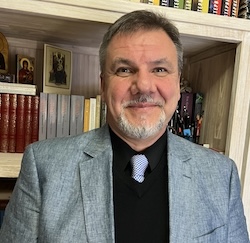
Doru Costache is a Romanian Orthodox protopresbyter and an Associate Professor of Theology at the Sydney College of Divinity. He is the ISCAST Research Director, in which capacity he coedits Christian Perspectives on Science and Technology, and the current Selby Old Fellow in Religious History of the Orthodox Christian Faith at the University of Sydney Library. He also chairs the SCD Theology Research Network. His academic career, begun in 1995, spans almost thirty years. His latest monograph was Humankind and the Cosmos: Early Christian Representations (2021), while the book he co-authored with Geraint Lewis, A New Copernican Turn: Contemporary Cosmology, the Self, and Orthodox Science-Engaged Theology, is in production at Routledge.
Past Seminars
12/04/24 | DOWNLOAD SEMINAR NOTES HERE | Robert’s Talk | Anne’s Response
Pope Francis’ Critique of the “Technocratic Paradigm”
Friday, 12 April 2024, 2–4 p.m. AEST
Abstract
In his Laudato Si’ (LS) (2015) and recently in Laudate Deum (LD), issued on the feast of St Francis of Assisi, 4 October 2023, Pope Francis has responded with evangelical fervour to the climate crisis. Influenced by his study of the theologian Romano Guardini, Francis judges the “technocratic paradigm” to be a key cause of this crisis: “It is ‘a certain way of understanding human life and activity [that] has gone awry, to the serious detriment of the world around us.’ Deep down, it consists in thinking ‘as if reality, goodness, and truth automatically flow from technological and economic power as such.’ As a logical consequence, it then becomes easy ‘to accept the idea of infinite or unlimited growth, which proves so attractive to economists, financiers, and experts in technology’” (LD 20, citing LS at a number of points). While emphasising that “science and technology are wonderful products of a God-given human creativity” (LS 102), Francis makes a plea for guiding humanity’s technological powers by respect for creation, a “pilgrimage of reconciliation with the world that is our home” (LD 69). My paper will focus on Francis’ critique of the “technocratic paradigm” and ask how it can be countered by a discernment of technology’s role and purpose in a Christian ethical perspective.
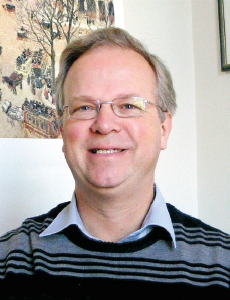
Speaker
Robert Gascoigne is an emeritus professor of the School of Theology of Australian Catholic University. His background includes degrees in history, political philosophy, and theology. He is a past president of the Australian Catholic Theological Association and was Australian representative on the Asian regional committee of the Catholic Theological Ethics in the World Church network (2012–2018). He is the author of a number of publications on Christian faith and contemporary society, including The Public Forum and Christian Ethics (Cambridge University Press, 2001), Freedom and Purpose: An Introduction to Christian Ethics (Paulist Press, 2004), and The Church and Secularity: Two Stories of Liberal Society (Georgetown University Press, 2009). He recently contributed the chapter “Public Theology in Australia” to the T&T Clark Handbook of Public Theology (2022). He is particularly interested in the socio-political dimensions of Christian theological ethics.
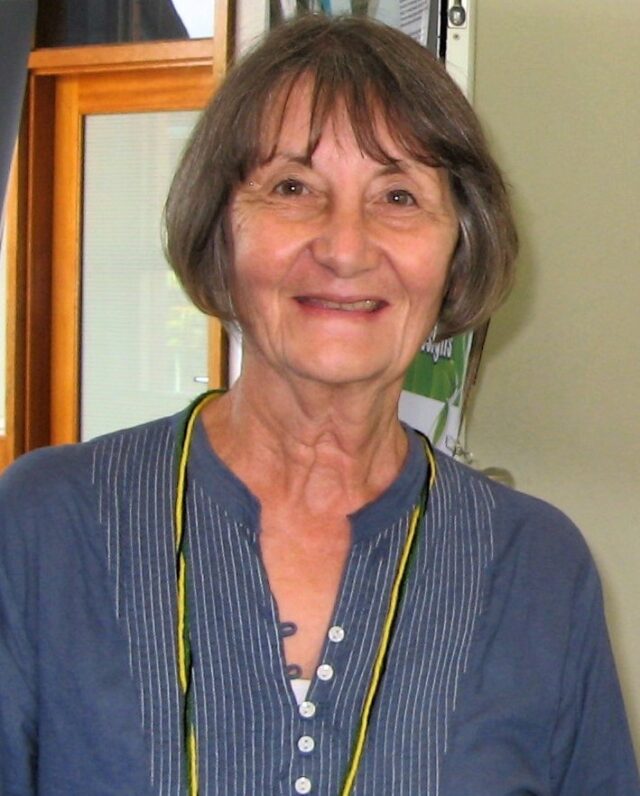
Respondent
Anne Lanyon is a Sydney-based Community Educator. After 20 years with the Columbans, and 50 years a teacher, she retired as Deputy Director of the Columban Mission Institute and coordinator of its Centre for Peace, Ecology and Justice late in 2017, when the Institute closed. She is currently the volunteer coordinator of the Faith Ecology Network and the St Anthonys Kierans Creek Landcare Group in Sydney. She is a member of the Laudato Si’ NSW Network and a local bush carer near her home. She is passionate about education for a better world, is involved in a variety of peace, ecology, and justice groups, including on the board of Jubilee Australia Research Centre. Her qualifications are B. Ed. (Australian Catholic University); Grad. Dip. Min. (Sydney College of Divinity); MA Theol. (Sydney College of Divinity).
“We Cannot Know Much … but We May Love Much”: John Wesley’s Survey of the Wisdom of God in the Creation (1763) as an Eco-theological Resource for the Late Anthropocene
Friday, 15 March 2024, 2–4 p.m. AEDT
Abstract
John Wesley’s Survey of the Wisdom of God in Creation; Or a Compendium of Natural Philosophy was first published in 1763 in two volumes. This paper will investigate the Survey and consider its value for a Wesleyan ecological theology in the late Anthropocene. As a person of both reason and religion, Wesley saw evidence in the natural world of the power, wisdom, and goodness of God. While it would be anachronistic to consider Wesley an ecotheologian, his deep interest in the natural world, and in applied science and technology was informed by a concern for the wellbeing of people and other creatures. The Survey’s highlighting of love for the natural world provides a profoundly motivating force. While we cannot know all that can be known about the threatened state of the world, nor even apprehend the scale of the problems we face, we can love without limit. There is no restriction placed on our capacity to love, at least no restriction that cannot be overcome by divine grace. The more perfectly we love the natural world, and embrace the lands, waters, and skies as our divinely intended habitat, and recognise other creatures as our kin, the sooner will the eschatological “just community of nature” be restored.
 Speaker
Speaker
The Rev. Professor Glen O’Brien is Research Coordinator at Eva Burrows College within the University of Divinity. He is a Uniting Church minister employed by The Salvation Army as a theological educator. He lectures in Christian Thought and History, specialising in Wesleyan studies. Along with Dr Arseny Ermakov, he has developed an innovative suite of units at EBC in the area of Futurism and Theology. He is the Chair of Examiners in the University of Divinity and a member of the University’s Research Strategy Committee. Glen is a member of the Methodist-Roman Catholic International Commission, which began a new round of dialogue in 2022 with an audience with Pope Francis. He is a member of the Board of Directors of the International Association of Methodist-related Schools, Colleges, and Universities, a Research Fellow of the Australasian Centre for Wesleyan Research, and an Honorary Fellow of the Manchester Wesley Research Centre. Glen’s most recent book, John Wesley’s Political World was published by Routledge in 2023. Along with EBC colleague Dr Arseny Ermakov, he coedited and contributed a volume of essays entitled, A Curious Machine: Wesleyan Reflections on the Posthuman Future (Eugene: OR: Wipf & Stock, 2023). Glen has published widely on Wesleyan and Methodist themes, including three volumes in the Ashgate Methodist Studies Series, entries in dictionaries and encyclopaedias, and many articles and book reviews in scholarly journals including The Journal of Ecclesiastical History, The Journal of Eighteenth-Century Studies, The Journal of Religious History, Methodist Review, Phronema, Wesley and Methodist Studies, and the Wesleyan Theological Journal, as well as contributing numerous chapters to edited collections.
 Respondent
Respondent
Mick Pope has a PhD in Meteorology from Monash University and manages the graduate meteorologist program at the Bureau of Meteorology. He also has a MPhil in Hebrew Bible from the University of Divinity; the dissertation is to be published as From Creation to Canaan: Biblical Hermeneutics for the Anthropocene. He has recently begun a PhD in systematic theology entitled: “Extinction and the God-world relationship: A relational theology of ecocide.” His previous work includes: All Things New: God’s Plan to Renew Our World (Morning Star, 2018), A Climate of Hope: Church and Mission in a Warming World (with Claire Dawson; UNOH, 2014), and Climate of Justice (Morning Star, 2017; MQUP 2015).
Undying Love: Religious and Ethical Perspectives on Pet Cloning
Monday, 16 October 2023, 2–4 p.m. AEDT
Abstract
Many religions have issued pronouncements on the ethics of human cloning, but there has been little discussion of religious views of pet cloning. Pet cloning services offer to “recreate” deceased pets for a high-paying public. The successful birth of a single cloned pet entails suffering for multiple animal subjects, as hosts and clones. Because cloning still has a relatively low success rate, repeated implantations of embryos are necessary. Animal surrogates are bred for docility and often treated with hormones in order to harvest their egg cells. Cesarean sections are common, since they give researchers more control over timing and outcome. Because the industry is not well-regulated, little is known about the fate of surrogates or unneeded clones. Drawing from the history of pet-keeping, and insights from animal theologians including Andrew Linzey and Stephen Webb, I argue that pet cloning violates the reciprocal relationship between humans and pets, and the dignity and irreplaceable worth of individual creatures.
 Speaker
Speaker
Lisa H. Sideris is Professor of Environmental Studies, with affiliation in Religious Studies, at the University of California, Santa Barbara. Her research focuses on the ethical significance of natural processes and “environmental” values as they are captured or obscured by narratives and perspectives from religion and the sciences. Her most recent work considers the interplay of religion and technology in emerging ethical issues in the Anthropocene. She is author of Environmental Ethics, Ecological Theology, and Natural Selection (Columbia University Press, 2003) and Consecrating Science: Wonder, Knowledge, and the Natural World (University of California Press, 2017). She has also written extensively on environmental pioneer Rachel Carson, and co-edited an interdisciplinary collection of essays titled Rachel Carson: Legacy and Challenge (SUNY 2008). She currently serves as the President of the International Society for the Study of Religion, Nature, and Culture
Respondent
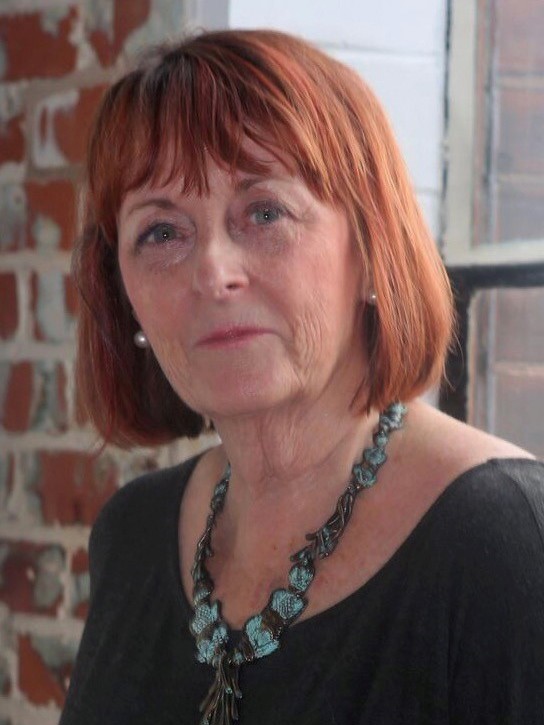
Margaret Somerville is Professor of Bioethics at the University of Notre Dame Australia, and at McGill University, Montreal, Emerita Samuel Gale Professor of Law, Emerita Professor in the Faculty of Medicine, and Emerita Founding Director of the Centre for Medicine, Ethics and Law. She has received eight honorary doctorates, was the first recipient of the UNESCO Avicenna Prize for Ethics in Science awarded by an international jury, has an extensive national and international publishing and speaking record and is a frequent commentator in all forms of media. Her most recent book is Bird on an Ethics Wire: Battles about Values in the Culture Wars (MQUP 2015). Among many other honours and awards, Professor Somerville received the Order of Australia (1991) for her contribution to Bioethics, became a Fellow of the Royal Society of Canada (1990), a Fellow of the Royal Society of NSW (2022), and was made a Dame of the Order of Saint Gregory the Great by Pope Francis (2020).
Spirituality in Healthcare
Monday, 11 September 2023, 2–4 p.m. AEST
Associate Professor Megan Best
Abstract
Modern technological advances in healthcare have tended to focus on the biological, and to a lesser extent, psychological and social aspects of the human being, in an attempt to cure the diseases that afflict us. However, research is now demonstrating the importance of addressing the spiritual dimension in healthcare as we seek to provide holistic care. This talk will give an overview of the literature which demonstrates the importance of adopting the biopsychosocial spiritual model of the human being in the provision of holistic healthcare.
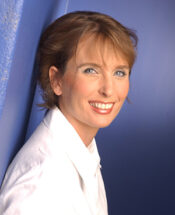
Speaker
Associate Professor Megan Best is a Research Associate at the Institute of Ethics & Society at the University of Notre Dame Australia, a bioethicist and palliative care physician. Her research on the spiritual care of patients has influenced the development of training for healthcare professionals internationally. She is a member of the executive for the Spiritual Care Taskforce of the European Association for Palliative Care and is on the Anglican Defence Force Board as well as the boards of Ethicentre and the international Joint Research Council for chaplaincy. She has published extensively in the areas of spirituality in healthcare, bioethics, and psycho-oncology.
Respondent
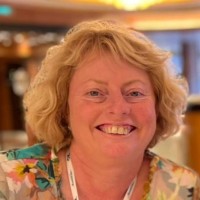
April MacNeill is a PhD student with the Australian Catholic University, and a Provisional Education Consultant with the New South Wales College of Clinical Pastoral Education (NSWCCPE). With a background in critical care nursing, April has had extensive experience as a pastoral care practitioner, educator, and department manager in acute health care. She in passionate about the “opportunity for collaborative enquiry” between theology and medicine, and is exploring the application of Bernard Lonergan’s methodologies in understanding the patient experience. Most recently April contributed to the edited volume Maynooth College Reflects on Facing Life’s End: Perspectives on Dying and Death (Messenger Publications, 2022).
Can Computers Be Intelligent? A Tangle of Questions
Friday, 25 August 2023, 2–4 p.m. AEST
Prof. Neil Ormerod
Abstract
A popular theme among science fiction and futurologists is the notion that given time computers will be conscious thinking machines that can outstrip human intelligence and perhaps supplant humanity. Yet what do we mean by consciousness? What does intelligence mean? Often, we are caught in competing and little understood realms of meaning, some ancient, some modern, which do not sit together all that well, torn between the categories of a faculty psychology (mind, intellect, will, all incorrectly reified) and more phenomenological approaches relating to human subjectivity. Getting the questions right is often more difficult than getting the correct answers. The aim of the paper will be to attempt to sort out the tangle of issues and point to some answers.
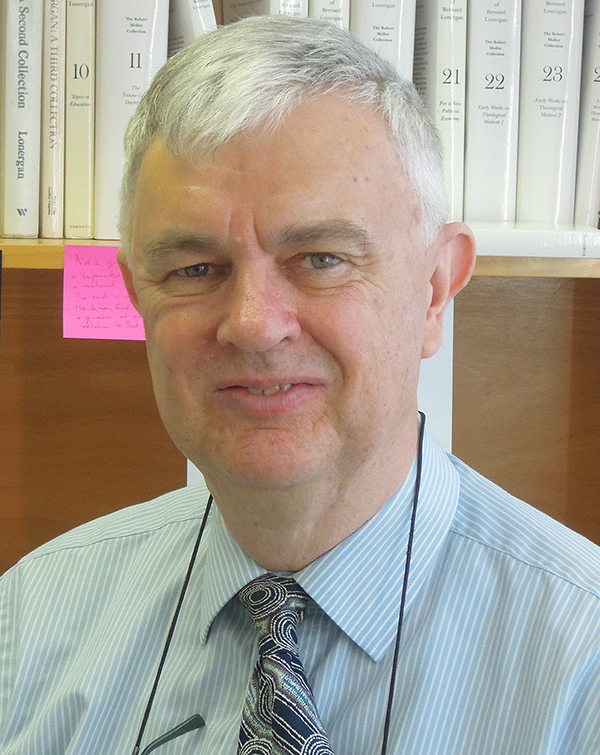
Speaker Bio
Prof. Neil Ormerod has doctorates in mathematics and theology and has worked professionally as a theologian for over 35 years. He is an ISCAST Fellow and a Fellow of the Australian Catholic Theological Association. He has published 14 books and over 80 articles in refereed journals. He has a range of interests, including natural theology, Trinity, the role of the social sciences in ecclesiology, and Christian anthropology. Currently he is an Honorary Professor at Alphacrucis University College, and adjunct researcher at the Australian Centre for Christianity and Culture.
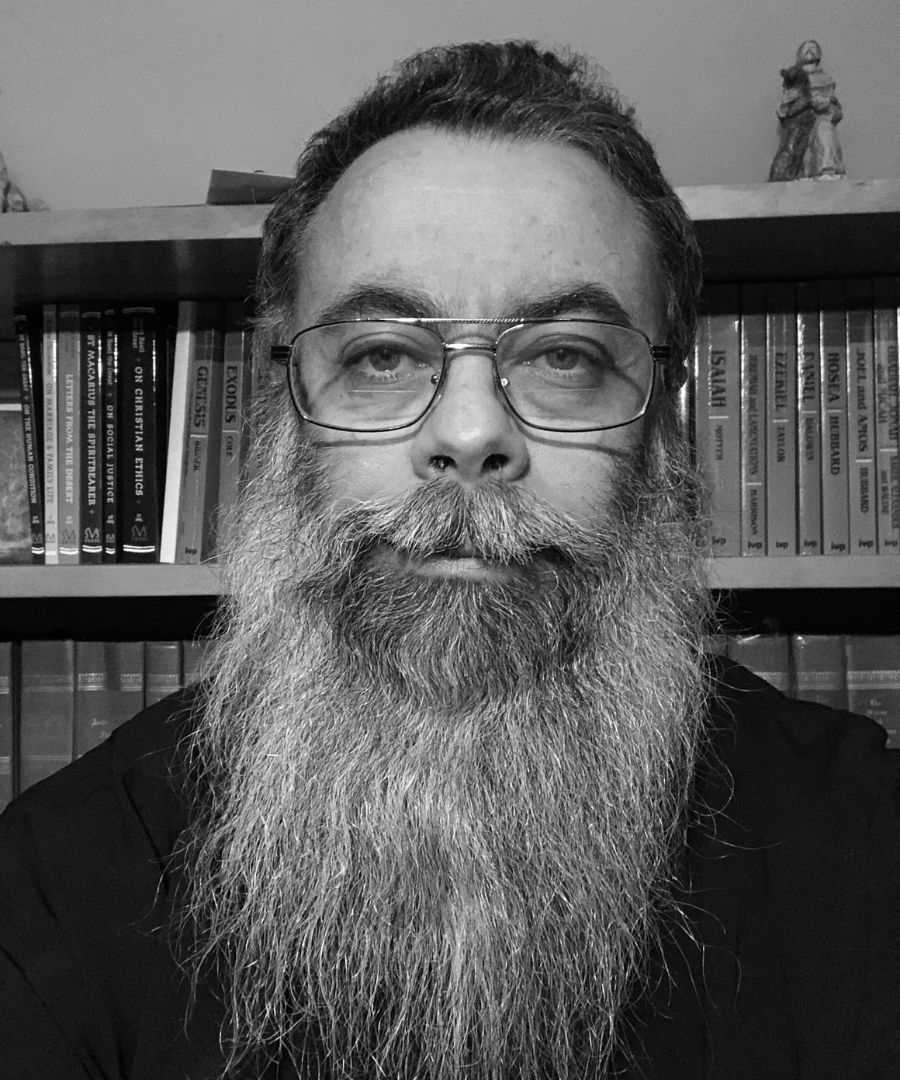
Respondent Bio
Fr Antonios Kaldas is an active researcher in philosophy of mind and cognitive science with a special interest in the natures of attention and consciousness. He lectures in philosophy at St Cyril’s Coptic Orthodox Theological College and is a parish priest at Archangel Michael and St Bishoy Church in Mount Druitt.
Robotics, Artificial Intelligence, & Transhumanism: Can Technology Enhance the Imago Dei?
26 May 2023, 2–4 p.m. AEST
Ted Peters
Can the human race use bio-nano-technology to elevate us from creatures into gods? The wildfire speed of gene modification, robotics, AI (artificial intelligence), IA (intelligence amplification), plus transhumanism (H+) dizzy us with the prospects that the next generation will alter human nature, perhaps even give birth to a posthuman species. How should Christians think about the imago Dei (the image of God in us) and the divine promise of redemption for the whole creation? Is technological transformation a substitute for God’s action, a partner in God’s providence, or an idolatrous temptation?
Speaker Bio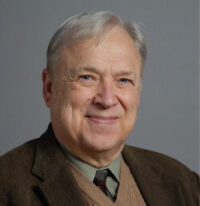
Ted Peters is Distinguished Research Professor Emeritus of Systematic Theology and Ethics at Pacific Lutheran Theological Seminary and the Graduate Theological Union. He co-edits the journal, Theology and Science, published by the Center for Theology and the Natural Sciences. His single volume systematic theology, God—The World’s Future (Fortress 2015) is now in its third edition. He has just published a collection of his essays, The Voice of Public Theology: Addressing Politics, Science, and Technology (ATF 2023). Visit his Patheos blogsite on Public Theology and his website.
Respondent Bio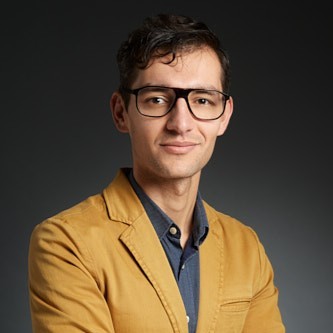
Marius Dorobantu is a lecturer in theology & science at the Vrije Universiteit Amsterdam and a fellow of the ISSR (International Society for Science & Religion). His prize-winning doctoral dissertation (at the University of Strasbourg) investigated the potential challenges of human-level AI for the theological understanding of human distinctiveness and the image of God. His current research project – carried out within an interdisciplinary team of psychologists, computer scientists, and theologians at the ISSR – is entitled “Understanding spiritual intelligence: Psychological, theological and computational approaches”. His first monograph, Are We More than Just Intelligent Machines? Human-Level Artificial Intelligence and the Relational Image of God, is currently under peer review.
The Fall Revisited?
28 April 2023, 2–4 p.m. AEST
Dr Nicola Hoggard Creegan
Abstract
There is probably no more persistent trope in Christian theology than the doctrine of the fall, nor one that clashes on its surface most with the science of evolutionary biology. The fall has received an enormous amount of theological attention in recent years. Anthropologists Graeber and Wengrow (in The Dawn of Everything) point to the theological story of the fall as one of the founding myths of our origins that binds us into a pessimistic narrative of our ability as humans to organise ourselves collectively. And there are many ways of reinterpreting this myth. But most of these insulate the doctrine from scientific scrutiny, rather than entering into deeper dialogue with anthropology and evolutionary biology. Meanwhile, theology has its own language and grammar, and nowhere are they more insulated from scientific interrogation than at this point. Are there ways beyond the impasse?
Speaker Bio
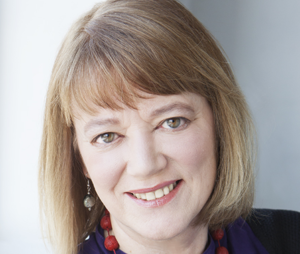
Dr Nicola Hoggard Creegan is the Co-Director of New Zealand Christians in Science, and a theologian based in Auckland, specialising in the interface between evolutionary theory and systematic theology, with broad interests also in all issues of public and contextual theology and ecology. For seven years she chaired TANSA (Theology and the Natural Sciences in Aotearoa). Her book, Animal Suffering and the Problem of Evil (OUP, 2013), examined theodicy given the reality of long aeons of animal suffering before humans arrived. It interacts with the challenges that systematic theology faces in light of evolution, but also examines some of the changes win evolutionary thinking in the last few decades. She is working now on the problem of free will in dialogue with the sciences. She was a part of the Human Nature Project at CTI in Princeton, 2012-2013, and the Human Distinctiveness Project at Notre Dame, 2015-2016. Nicola has taught theology in the US and NZ. Her doctorate is in theology, but her original training was in mathematics and biology.
Respondent Bio
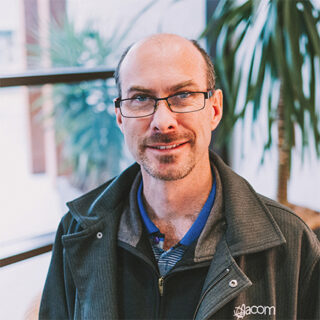
Associate Professor Peter Laughlin’s research interests include the intersection between historical Jesus studies and atonement, divine justice, theodicy, human well-being, pneumatology, and theological method. His major work Jesus and the Cross: Necessity, Meaning and Atonement (Pickwick Publications, 2014) was published in the Princeton Theological Monograph Series and he has recently contributed to the edited work Justice, Mercy and Well-being: Interdisciplinary Perspectives (Pickwick Publications, 2020). He serves as the chair of the International Commission for Theological Education for the Alliance World Fellowship and is also published in areas relating to the Christian and Missionary Alliance, most recently contributing to Advancing the Gospel (forthcoming).
Models of the Relationship of Science and Religion in Science Fiction and What They Reveal about Contemporary Attitudes toward Religion
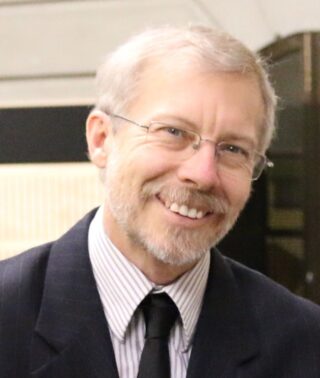
Friday 30 September 2022, 2–4 p.m.
Rev. Dr Mark Worthing
Abstract:
This paper considers four different models in science fiction literature of the relationship between science and religion, from dismissal to identity. In some futures religion simply fades away and in others the distinction blurs; religion can be demythologised as advanced science, or recognised as a successful complement to science. Only rarely is Christianity seen as surviving in a significant way.
Friday 28 October 2022, 2–4 p.m.
Associate Professor Rev. Dr Doru Costache
Abstract:
 We know so much in our day and age! Notwithstanding our awareness that more than 80% of the universe eludes us, we know more things than we ever did about reality. Some even say that this is our only comfort: to realise the vastness of the cosmos and to find out, step by step, new things about it. But this knowledge, external to our lives, still leaves us empty. We still crack under the pressure of work, duty, and society—much more often and definitely more tragically than our forebears ever did. In this talk, I set out to show that the accumulation of information must be doubled by internal, personal processes of assimilation in order for us to flourish in this great age of science. One such way is by learning to contemplate nature, where knowing becomes a way of being, of connecting with things, of finding ourselves in the vastness of space and time.
We know so much in our day and age! Notwithstanding our awareness that more than 80% of the universe eludes us, we know more things than we ever did about reality. Some even say that this is our only comfort: to realise the vastness of the cosmos and to find out, step by step, new things about it. But this knowledge, external to our lives, still leaves us empty. We still crack under the pressure of work, duty, and society—much more often and definitely more tragically than our forebears ever did. In this talk, I set out to show that the accumulation of information must be doubled by internal, personal processes of assimilation in order for us to flourish in this great age of science. One such way is by learning to contemplate nature, where knowing becomes a way of being, of connecting with things, of finding ourselves in the vastness of space and time.
 Enhancing Medicine? Should Medicine Be in the Business of Human Enhancement?
Enhancing Medicine? Should Medicine Be in the Business of Human Enhancement?
Friday 25 November 2022, 2–4 p.m.
Rev. Dr Andrew Sloane
This paper will be presented at ISCAST’s Conference on Science and Christianity (COSAC 2022) and will be livestreamed.
Abstract:
Biomedical technology has a long history of seeking to remedy the disadvantages resulting from disease or disability—from eyeglasses to prosthetic limbs and cochlear implants. While this work continues, recent scientific research and philosophical reflection have turned to the possibility of enhancing the human—physically, cognitively, and even morally. This raises important questions about the desirability of human enhancement, and its metaphysical and practical implications. The focus in this paper will be on a more particular question: should medicine be in the business of human enhancement? I will presuppose a theory of medicine that sees it as fundamentally being an expression of a community’s care for vulnerable humans, which aims at providing care that addresses that vulnerability (be it curative or not). In medical contexts, biomedical technology ought to be in the service of that kind of care, and so, whatever the theological and ethical status of human enhancement, it is not the proper task of medicine. Indeed, engaging in human enhancement would further medicine’s increasing captivity to both technological imperatives and the commodification of the body itself.
Future speakers include
- Associate Professor Megan Best, Institute for Ethics and Society, University of Notre Dame, Australia.
- Dr Victoria Lorrimar, Trinity College, Qld.
- Dr Christa McKirland, Carey Baptist College, NZ.
- Professor Bronwen Neil, Professor of Ancient History, Macquarie University, NSW.
- Professor Ted Peters, Distinguished Research Professor of Systematic Theology and Ethics, Graduate Theological Union.
 Speaker
Speaker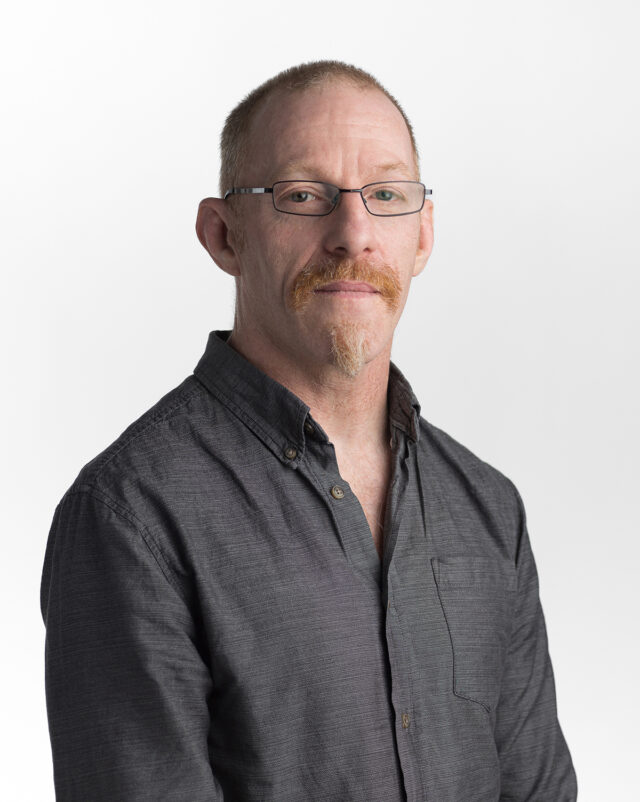 Respondent
Respondent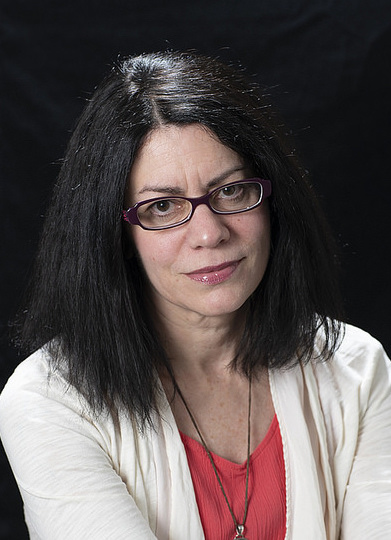 Speaker
Speaker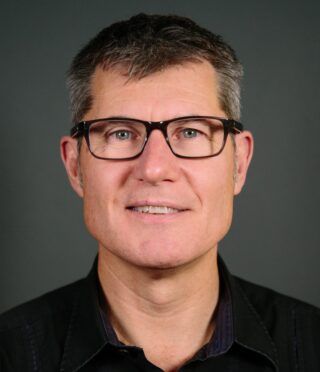 Enhancing Medicine? Should Medicine Be in the Business of Human Enhancement?
Enhancing Medicine? Should Medicine Be in the Business of Human Enhancement?